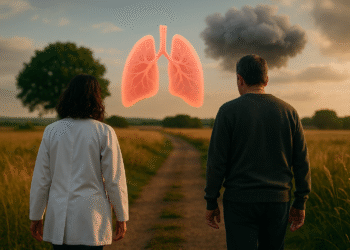On Cracking Addiction show this week
It is estimated that about 5% of the population in Western countries have alcohol dependence with the lifetime exposure to alcohol thought to be up to 88% in the USA. Alcohol dependence progresses without treatment and has a chronic relapsing pattern. And with little interventions 30% achieve stable abstinence, 40% continue to drink heavily and 30% worsen and die within ten years. In a treatment program 45% achieve either longterm abstinence or intermittent relapse but large period of sobriety; 35% have periods of abstinence but large periods of heavy drinking and 20% have progressive downhill course.
With regards to alcohol withdrawal syndrome not all dependent drinkers experience withdrawal symptoms with symptoms ranging from mild to severe. In severe cases symptoms may increase in severity over 48-72 hours from alcohol cessation with anxiety, tremor, sweating, tachycardia, increased temperature and pulse. Mild to moderate withdrawal symptoms typically start around 6-24 hours from the last drink and peaks around 24-48 hours post last drink and lasts 3-7 days.
Withdrawal symptoms can be rated and monitored either through Alcohol Withdrawal Scale (AWS) and Clinical Institute Withdrawal Assessment for Alcohol (CIWA-Ar).
The most severe alcohol withdrawal syndrome is delirium tremens which is seen in up to 5% of patients in withdrawal. It is a life threatening condition though mortality now less than 1%. The onset of delirium tremens occurs 48-72 hours after last drink and can last between 3-10 days and symptoms include autonomic hyperactivity, severe anxiety, dehydration, electrolyte disturbance, clouding of consciousness, hallucinations, paranoid delusions and cardiovascular collapse may occur.
Wernicke’s encephalopathy is an acute reversible neuropsychiatric condition due to thiamine deficiency and occurs in those who are malnourished or unable to absorb thiamine. It can present during course of alcohol withdrawal or delirium tremens and has a classic triad of symptoms: oculomotor abnormalities (nystagmus, ophthalmoplegia), cerebellar dysfunction (ataxia) and recent onset confusion-not everyone will have all the symptoms.
It can be difficult to differentiate from delirium or confusion and is a medical emergency with a 10-20% mortality. The condition is reversible with parenteral administration of thiamine. The guidelines for treatment include 500mg IV tds for 5 days and if no response to therapy discontinue treatment but if response noted continue with 250-300mg thiamine daily for another five days or longer if needed. Follow up with regular thiamine and multivitamin supplementation thereafter.
It is important to give thiamine before IV glucose or other carbohydrate load as this may potentiate Wernicke’s encephalopathy

























